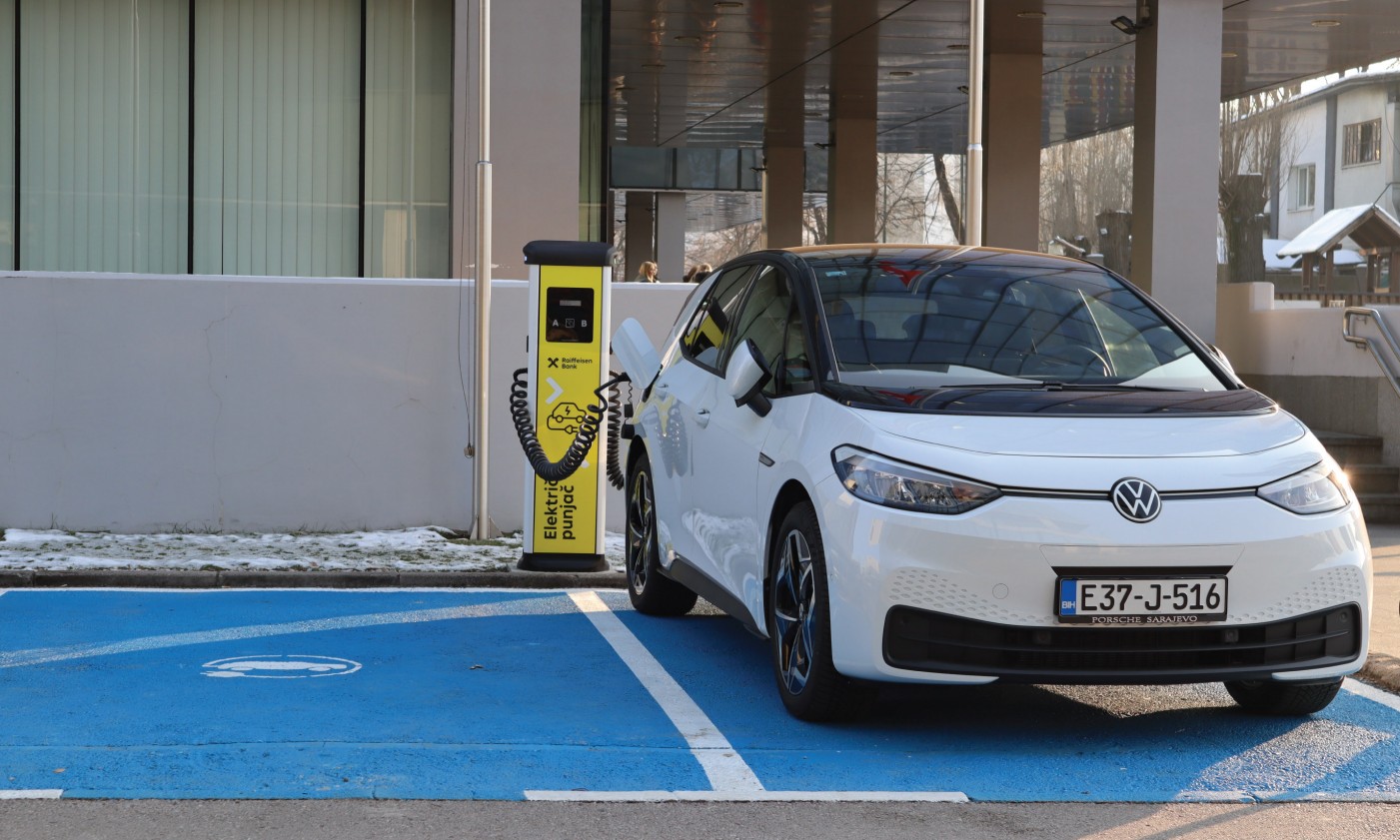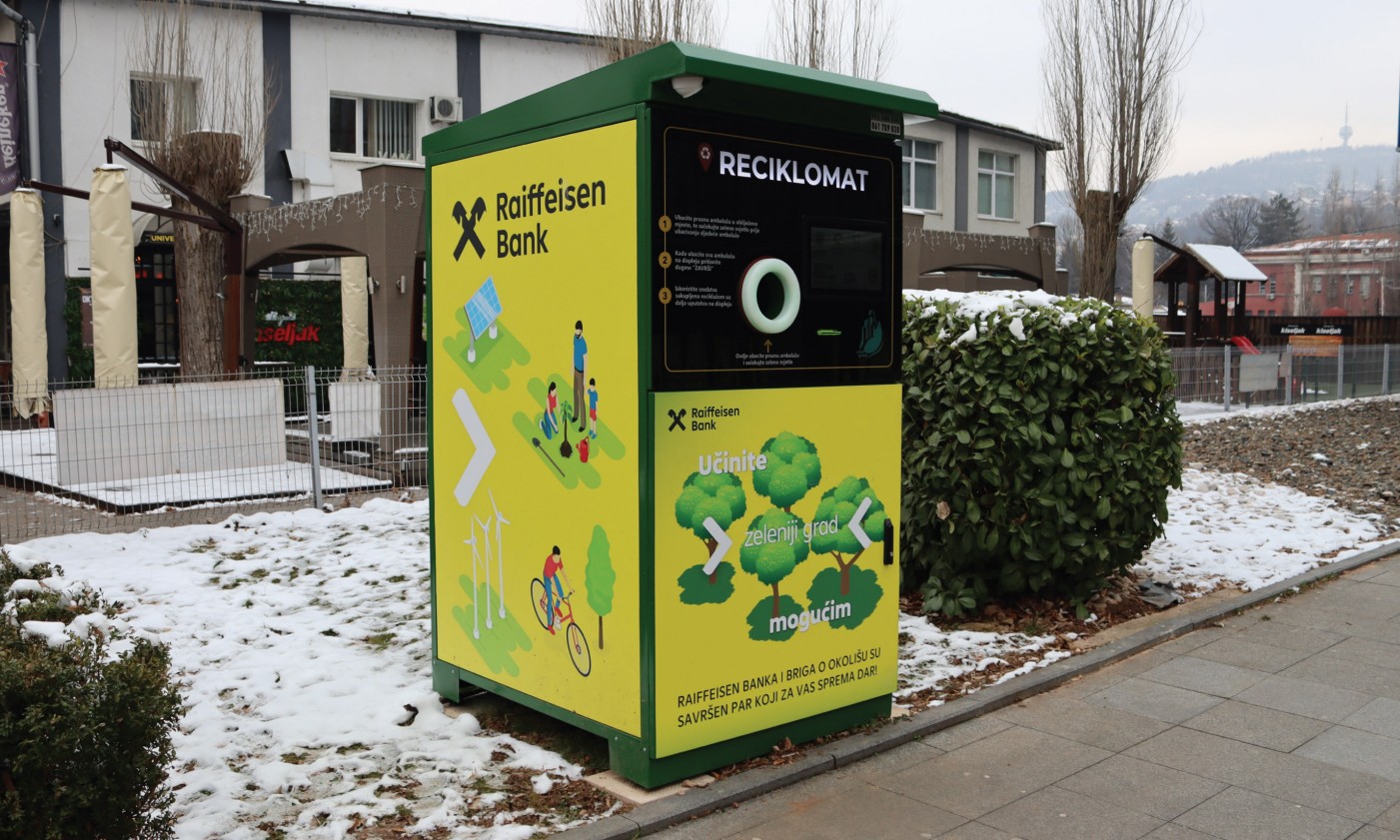
What does the term ESG represent?
What does the term ESG represent?
ESG is a set of factors related to environmental, social, and governance issues that companies consider when managing their operations, and investors consider when investing, in terms of risks, impacts, and opportunities these factors present.
E - Environmental factors are related to the direct or indirect impact of business on the natural environment (climate change, environmental pollution, exploitation and conservation of natural resources, waste disposal, energy efficiency...).
S - Social factors are related to the direct or indirect impact of business on stakeholders concerning universal values (working conditions, community relations, human rights, diversity, and inclusion...).
G - Governance factors refer to the systems, processes, and practices by which a company is managed. This includes governance structure, ethical standards, transparency, shareholder rights, internal controls, and policies related to corporate governance and legal compliance.

Why is ESG important?
Good for the environment: By implementing energy-efficient practices, using sustainable materials, and reducing waste, you can help protect the planet for future generations.
Good for your bottom line: ESG investments are becoming increasingly popular, and companies that prioritize ESG factors are more attractive to investors and customers. Focusing on sustainability, ethics, and transparency can enhance brand image and reputation among all stakeholders, potentially increasing revenue.
Compliance with regulatory requirements: Integrating ESG principles allows a company to timely adapt to the requirements increasingly imposed by authorities and regulatory bodies in the form of ESG factor reporting. This can reduce the risk of fines, legal issues, and damage to the company's image and reputation.

Daily Application of ESG Rules at Raiffeisen Bank
Electric Car
Electric Vehicle Charging Stations
Recycling Machine
Supporting Environmentally Sustainable Living - Activities for Healthier Living and Reducing CO2 Emissions
The use of electric propulsion for transportation is becoming common, reducing the use of fossil fuels and the emission of harmful gases, thereby protecting the environment. Environmental protection and CO2 reduction are key to Raiffeisen Bank's sustainability strategy, which carries out activities to reduce pollution and improve quality of life. Therefore, chargers for electric vehicles have been installed in front of the Central Office in Sarajevo and the Main Branch in Mostar.
The use of these chargers is free for all electric vehicle users. Raiffeisen Bank invests in infrastructure for electric vehicles to encourage their purchase, reducing pollution and maintenance costs. The bank is also enhancing its fleet with electric vehicles to promote renewable energy sources.


Raiffeisen Recycling Machine
To promote the circular economy and popularize recycling, Raiffeisen Bank has installed a recycling machine near its headquarters in Sarajevo.
The goal is to make recycling a part of everyday life and protect the planet.
In one year since installation, over 46,000 packaging units have been recycled, and for more than 70% of the recycled units, users chose to donate funds to the Pomozi.ba Association.
Recycled Cards
At Raiffeisen Bank, we understand the importance of sustainable business and apply it by providing financial support to those on the path to achieving sustainability.
We also create our own products that care for the healthy future of our planet. Our new sustainable cards represent an important step toward change.
They are made from 85% recycled PVC, which means a direct reduction in new waste generation and energy conservation.
By choosing us as your partner, you become part of the sustainability story and contribute environmentally to the world.
